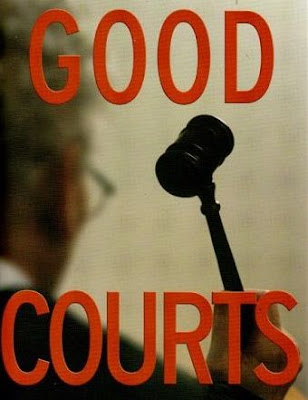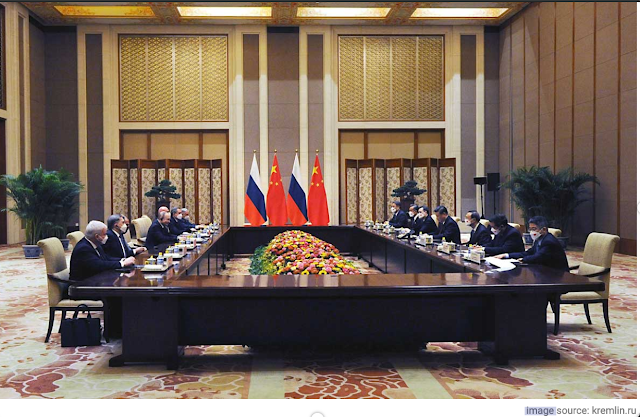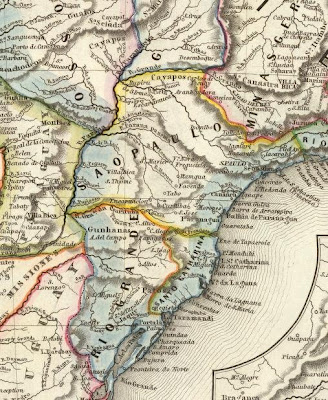Constitutional cosmopolitism in debate

In cooperation with the Constitutional Court of South Africa, the Commission of Venice (Council of Europe) had organized in these January 23 and 24th, the first Global Conference on Constitutional Justice. The main subjects had been: "The influence of constitutional justice in society" and "The global jurisprudence on human rights".
The Presidents of the Courts had debated, in relation to the first subject, the following aspects:
Have there been cases where a judgment of your Court / Council has made a major impact on society?
What was the reaction of political actors, the media, and the public in general to these judgments? Has there been pressure on your Court?
Does your Constitution contain social and economic rights and if so how does your Court apply them?
Does your Court consider the impact its judgments may have?
Has your Court tried to limit the effects of its judgments on society when they might be too serious?
Do you think that some judgments of your Court shape society or rather do they follow existing developments in society?
Are there any obstacles to guaranteeing the supremacy of the Constitution / rule of law in your country?
In relation to the second subject, they had been debated the following ones questions:
Does your Court refer in its judgments to international (including regional) human rights instruments?
Are such instruments binding for your Court, i.e. are they applied as a standard of control alongside with your Constitution?
Does your Court refer to the case-law of international courts when interpreting international human rights instruments?
Is there a global / regional human rights jurisprudence because of the influence of the Universal Declaration on Human Rights and other international instruments?
Does your Court research into foreign case-law? How is this research done, how are the cases selected?
Does your Court refer to foreign case-law in its judgments? If so, how are such references being perceived? Is there a discussion about such references in your country?
Do you think that the case-law - at least of some - constitutional courts and equivalent bodies shows a tendency to converge?
Although the absence of very important Courts, as of U.S.A., Germany and Italy, it is the first time that 93 presidents, chiefs justices of Constitutional Courts of the world congregate themselves to approach one same subject.
If we consider the countries with strong constitutional tradition (including Brazil), 12 of them had marked presence. The Chamber of Lords of the United kingdom, the Supreme Court of the Austria, Mexico, the Constitutional Court of Portugal and Spain had sent judges, Sweden and Switzerland, the Constitutional Court of Austria, Chile, the Constitutional Council of France, the Supreme Court of the Norway.
Another aspect that must be mentioned is the intense presence of judges of nations that had passed for recent processes of democratic opening. More than 80 constitutional judges from Africa, Latin America, Middle East, Asia and the Eastern Europe had participated.
Brazil was represented by the President of the Federal Supreme Tribunal, Minister Gilmar Mendes and by the Minister Ricardo Lewandowski, beyond the general Secretary of the Presidency of the Tribunal and the Chief Advisor for International Affairs of the Tribunal.
The results of this original event are not available yet (today is jan 24th). As soon as possible we will share more informations and conclusions about this event. We may expect some changes in constitutional jurisprudence, mainly in human rights, since the Courts begin to accept the cosmopolitan constitutionalism.


Comentários